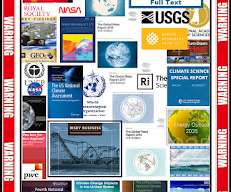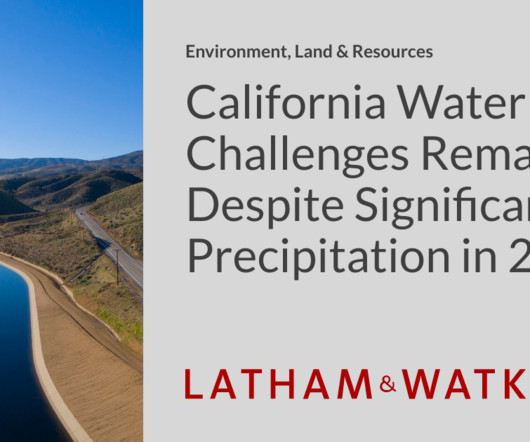You Can't Say You Haven't Been Warned
Green Market Oracle
DECEMBER 9, 2019
Olhoff is the head of strategy, climate and planning and policy for the UNEP DTU (Technical University of Denmark) Partnership. In 2006 the Stern Review warned us that we had to urgently reduce our emissions to avoid the worst impacts of climate change. By now, we know all we need to know" Anne Olhoff said recently.















Let's personalize your content